There is no doubt that the French Revolution has been the most influential revolution in history; historians have also named it the most significant event in history. Throughout history, the French Revolution has inspired monarchies and kingdoms to protest injustice and inequality in society. In the French Revolution, it was revealed that Kings and Nobles did not have absolute power, and could be dethroned if they did not fulfill their responsibilities to the people.
Causes of the French Revolution
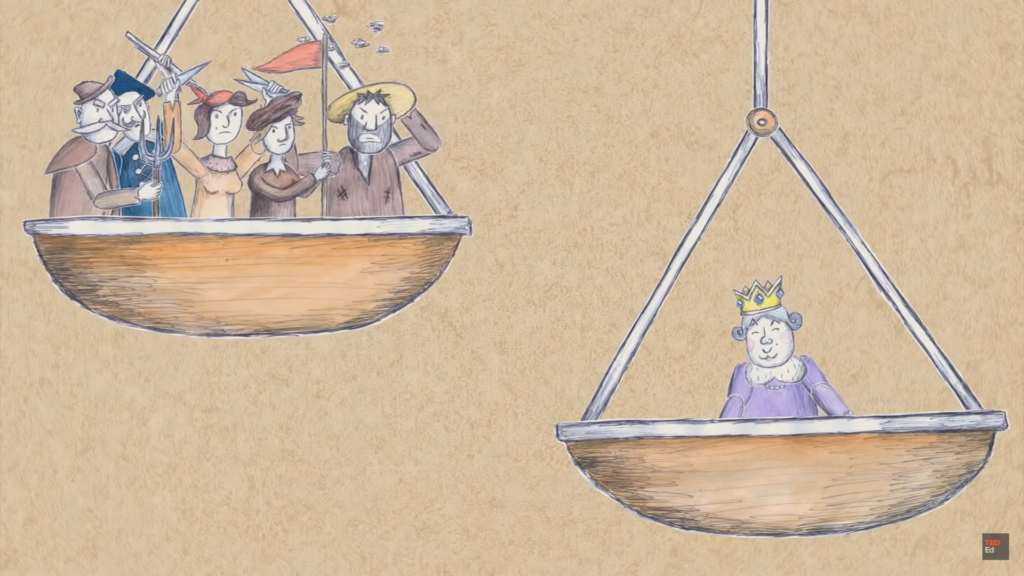
For many centuries, France had been ruled by a political and social system, known as Ancien Régime – in which power was concentrated with the wealthy and privileged. It had three social classes called estates.
- The Clergy (First Estate)
- The Nobility (Second Estate)
- The Peasants/Commoners (Third Estate)
King Louis XVI granted special privileges to the first and second estates, the catholic clergy, and the nobles. The Third Estate were the commoners who had lesser power, rights and they were the only ones obliged to pay taxes not just to the King but also to the other estates.
Financial crisis due to war

The 18th century has been an intense period for Europe’s major powers. Britain and France had continued their conflict as they clashed for power at the world’s stage. In 1778, the United States declared a War of Independence against the British Empire. France seeking the opportunity and considering its rivalry against Britain immediately backed America and formed allies for its war of independence. With the help of France, America finally got independence from British colonial rule on July 4, 1776.
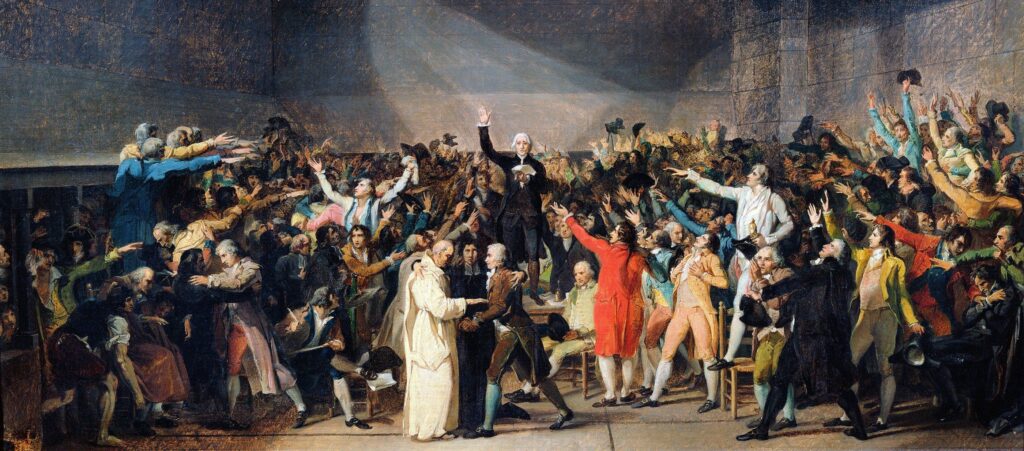
Due to the seven-year war, France was in a bad financial state. The bread prices increased, and to cope with the financial trouble, the King responded by increasing the taxes. The weak economy in France and the increase in taxes by the King lead to many intellectuals questioning the King’s right to rule as well as the true nature of the French hierarchy.
For a solution to the crisis, the King called a meeting of the Estates-General an assembly of representatives from the three estates for the first time in a hundred and seventy-five years. However, the Third Estate represented 98% of the French population; its vote was equal to each of the other estates. Unsurprisingly, both upper classes favored keeping their privileges; realizing they couldn’t get fair representation, the Third Estate broke off and declared themselves the National Assembly. The members of the national assembly pledged to draft a new constitution with or without the other estates.
The Storming of Bastille
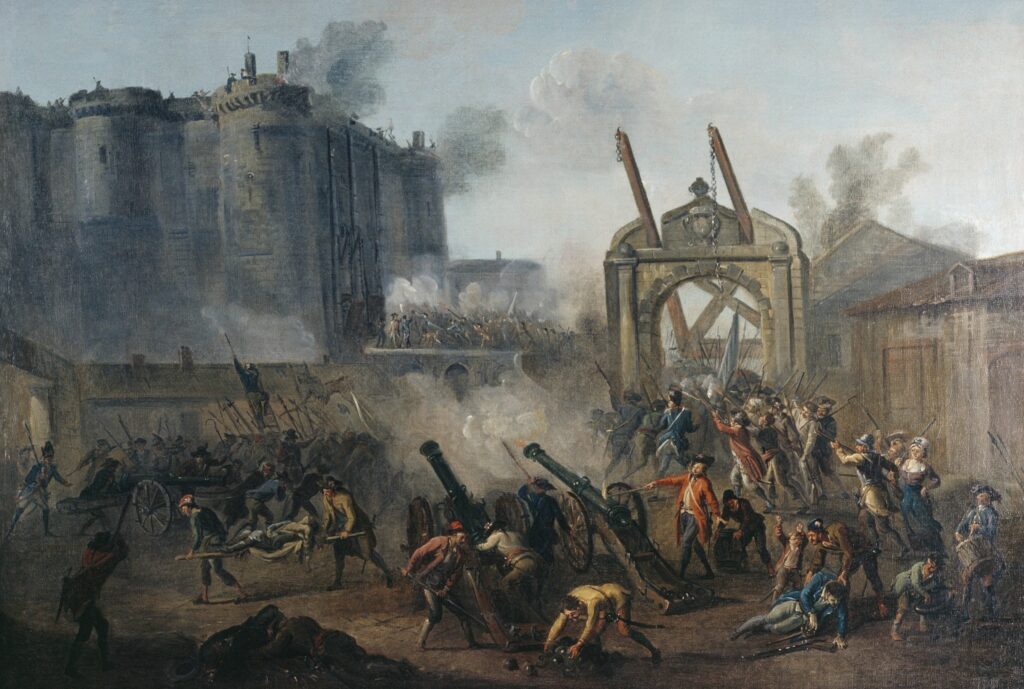
As the rising rebel against the King and his decision to dismiss his financial minister Jacques Necker caused riots in Paris in response to these actions, thousands of people raided the Bastille prison on July 14. The capture of Bastille prison led to the end of feudalism, and the assembly adopted the declaration of the race of man and the citizen. This includes replacing the ancien régime with a system based on an equal opportunity, freedom of speech, popular sovereignty, and representative government.
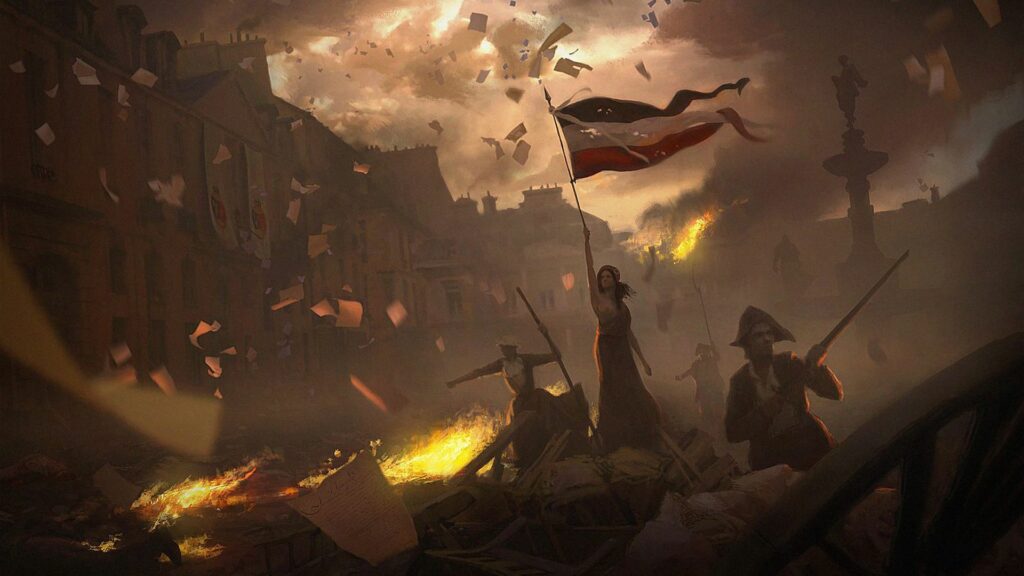
After years of discrimination and exploitation, the peasants looted and burned the houses of tax collectors and landlords. The King, sensing the threat to his life, attempted to flee the country but was captured. A petition drive to depose the King was organized, but things got out of hand, and fifty people were shot dead, revolutionaries split into various factions. Austria and Prussia vowed to help the King by invading France if his life was threatened.
Revolution turns radical
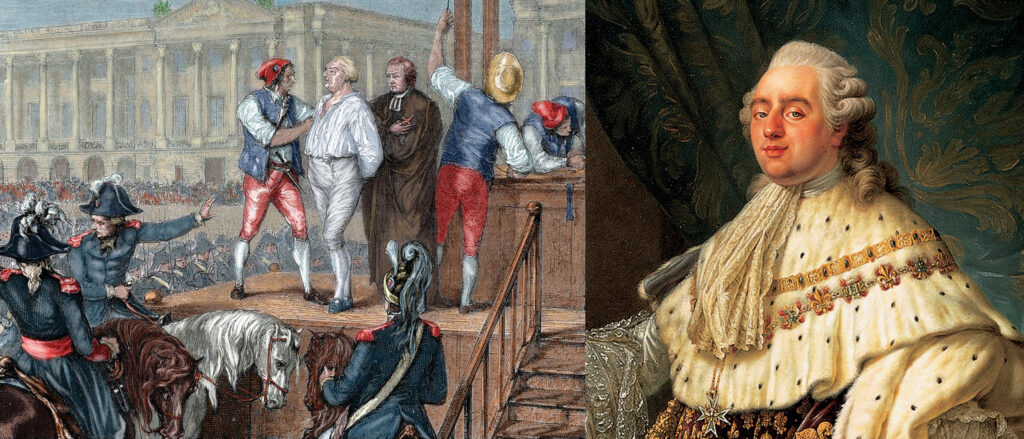
After years of injustice and exploitation, In 1792, the monarchy was abolished, and France was declared a republic nation. King Louis XVI was accused of treason and was executed on January 21, 1793, by guillotine. After the execution, various revolutionaries started fighting among themselves for power, thus leading the French revolution to one of the most violent phases in history.
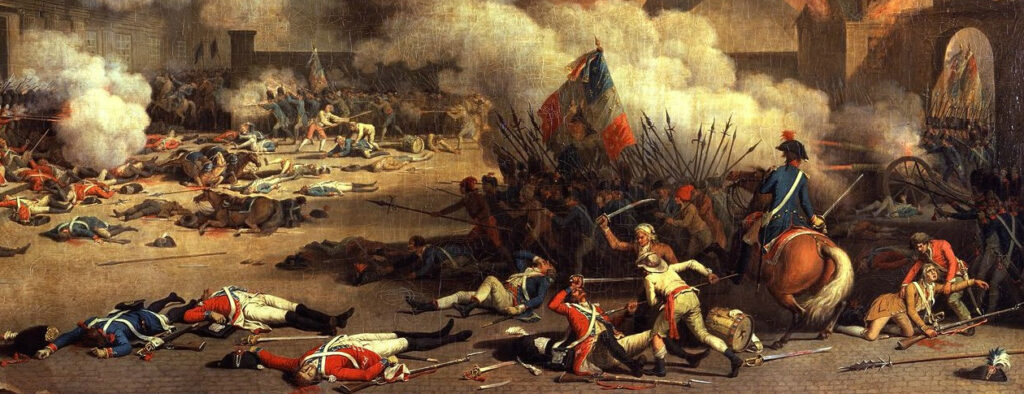
Radical revolutionaries known as Jacobins seized power and began to execute just about anybody in the period which is known as the terror. This resulted in massive bloodshed events and failed to achieve its purpose of revolution. The reign of terror continued for ten months in which every suspected enemy’s revolutionary were guillotine. The reign of terror ended with the execution of Maximilien Robespierre, the leader of the radical group Committee of Public Safety hated.
End of the French Revolution
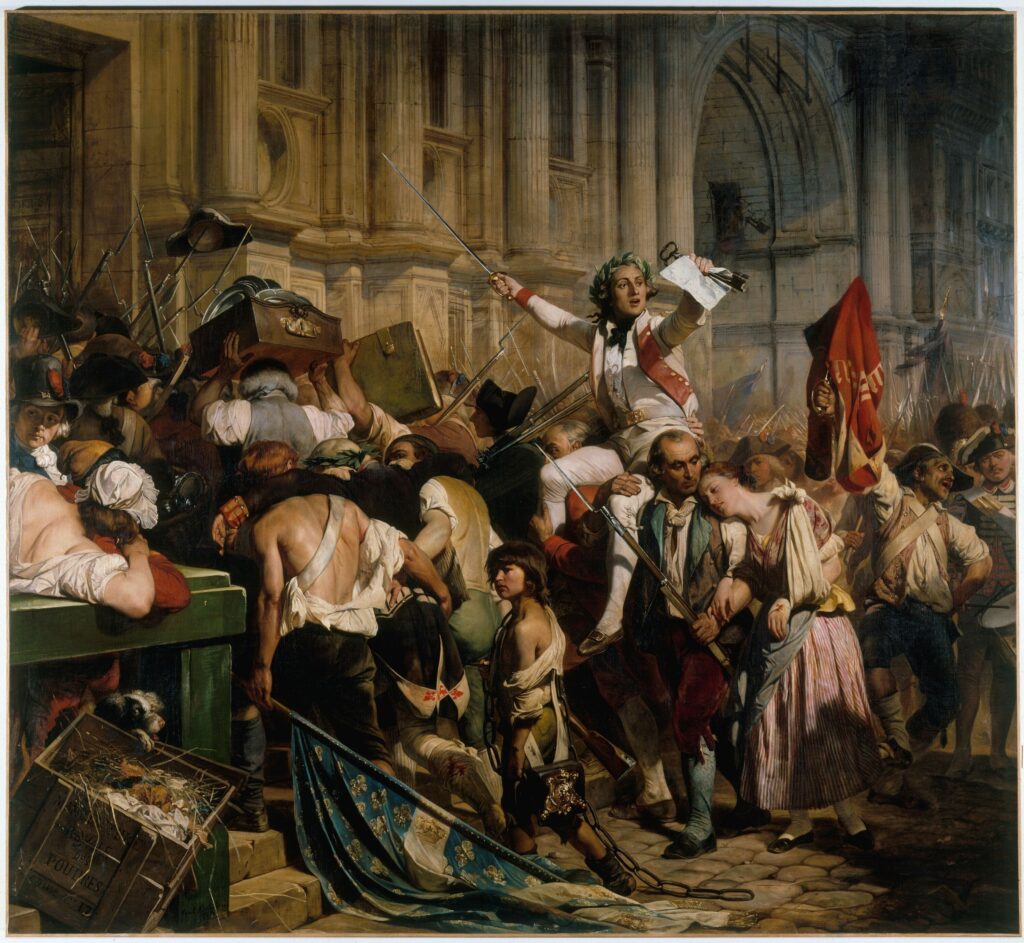
Despite the countries situation, the French army outside France was having great success in fighting against different nations, due to the strong leadership of the commander, known as Napoléon Bonaparte. Napoléon successfully shut down the Jacobins revolutionaries who were opposing the new constitution in which executive power would lie in the hands of a five-member Directory. Napoléon further went out to take control of France, declaring himself the first consul of France. Thus ending the French revolution and marking the beginning of the Napoléon era.
The Napoléon Era
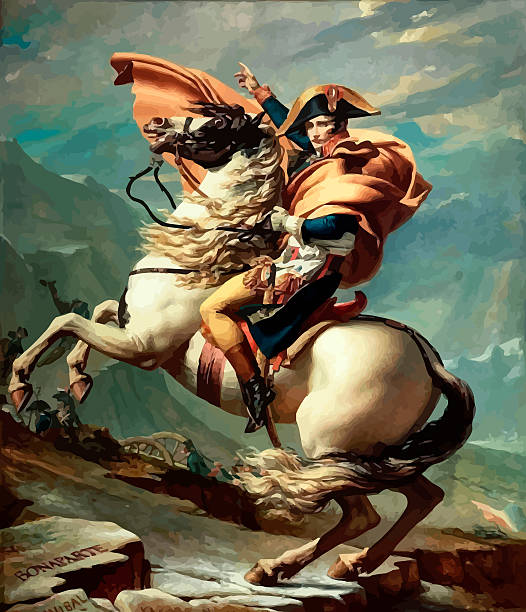
Napoleon’s rule of France was very much a military dictatorship; he was King in all, but name five years after seizing power, Napoleon assumed the imperial title, crowned as France’s emperor. Napolean significantly brought back the power and status of France by solving the financial crisis the country was facing and building up the country’s economy by expanding the territories. During his rule, he was almost constantly at war with most of Europe has no less than seven coalition’s formed against him as the various monarchies of Europe fought to protect the status.
The French Revolution played an important part in shaping the world’s history. The French Revolution failed to achieve its primary goal and turned out to be an event of chaotic bloodbath, but it still inspired many countries. The American Revolution, the Chinese communist party revolution, the Russian revolution were all inspired by the French revolution. Hence, the French revolution is considered one of the most critical events in world history.

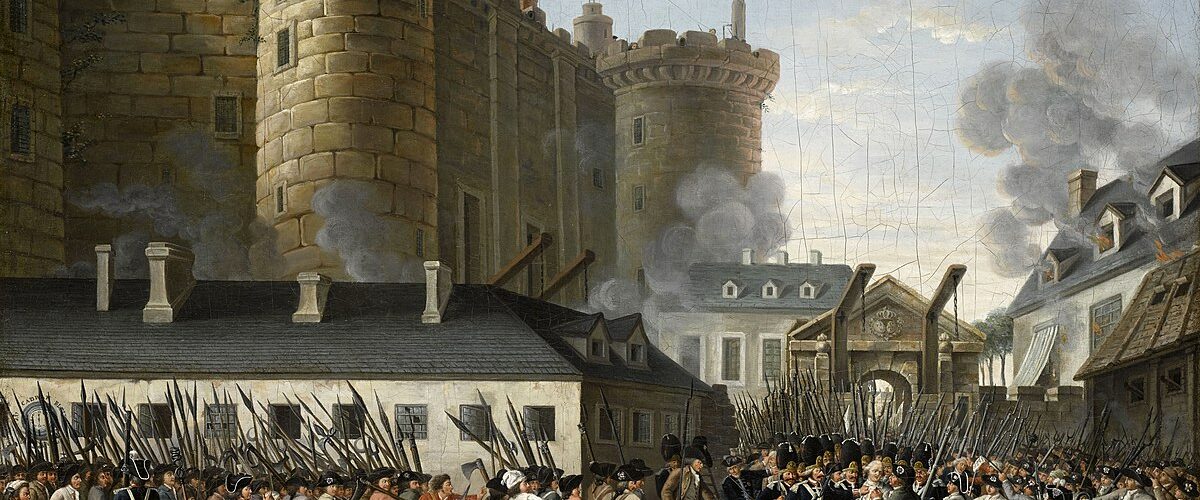
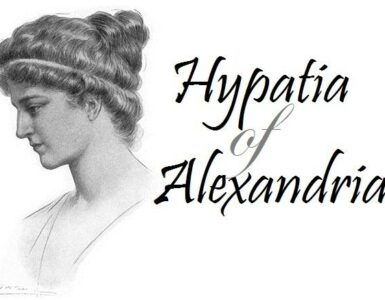
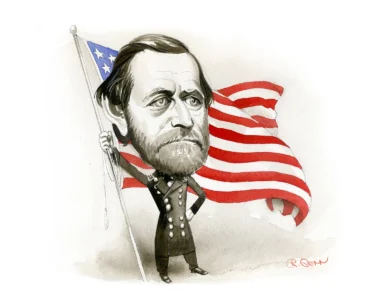
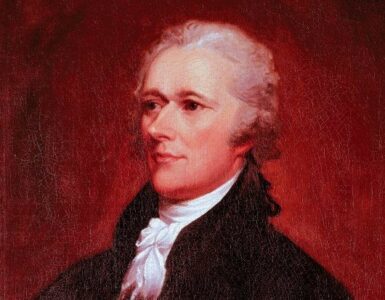
Add comment